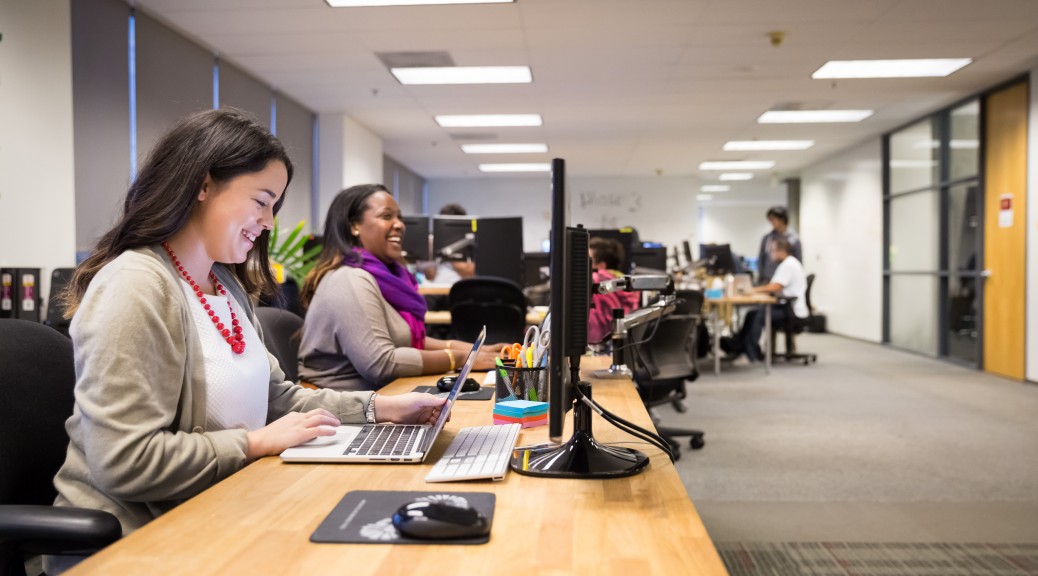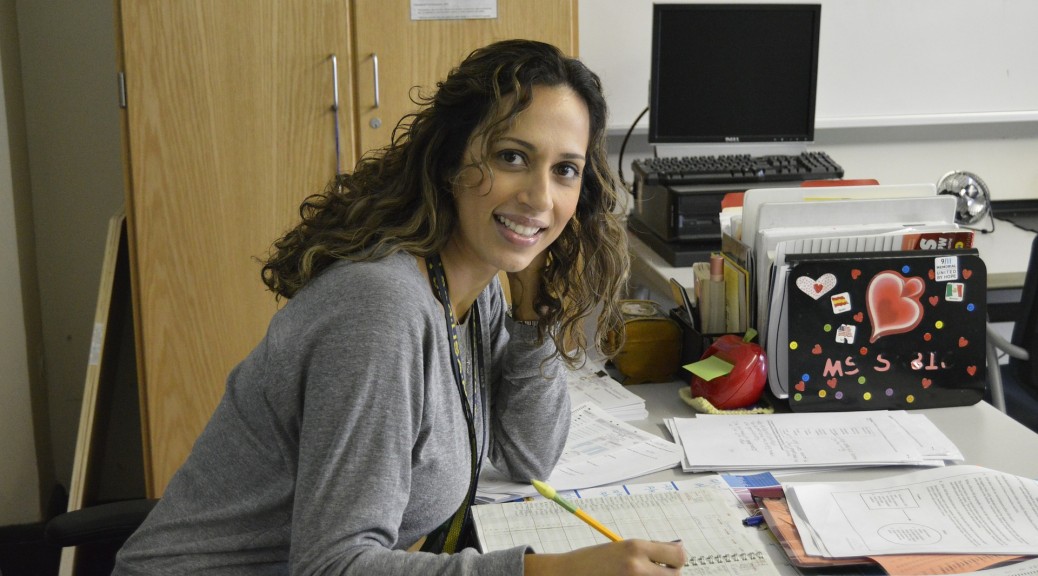One of the prime reasons CodeRev Kids is so successful is because we offer customized coding education. Giving students the space to explore at their pace is essential to engaging them. When we take a factory approach to coding education, we do our children a disservice. Consider a recent article for the Tennessean titled “If you want to kill coding in schools, make it universal.”
Jackson Miller of the Tennessean writes, “As software development in schools becomes the focus of public education in Nashville, take note: standardizing coding in schools will kill the very thing that propels its success. Teaching students to code is definitely a good idea. As a longtime coder myself, I am well aware of how software development is a strong career choice and a path to developing and honing critical-thinking skills. I see firsthand how coding nurtures both analytical and creative minds. But coding is not a silver bullet. The easy way to show support for coding in schools would be to announce some sort of poorly thought out and rash Universal Coding Initiative. While that kind of initiative would get great press and would likely include 6-foot, cardboard checks from area business partners — it would be the opposite of what is working now, and it would be the opposite of what Nashville’s students, teachers, and tech companies need. The Academy model in our high schools has given school principals and leaders the autonomy to choose focus areas within their building. High schools, middle schools, and even elementary schools are using clubs and after-school programs to create new opportunities for students. The student-based budgeting model that Metro Nashville Public Schools Interim Superintendent Chris Henson and his team developed is a step toward pushing the control of more dollars to the school level — where educators have deep understanding of students’ unique needs. When schools — and the high-performing teachers and administrators that run them — are given the ability to choose the programming that their students need, we open the door to great things.”
When it comes to customized coding education, your best bet is CodeRev Kids. At CodeRev Kids, our lessons focus on computational thinking, which encompasses a wide variety of programming concepts and languages.
Our lessons build upon one another and we adjust starting points to each student’s level of expertise. Thus, the entire curriculum is customized.
We are known for saying we are the most educational tech camp out there, but we also keep the focus on having fun. As a result, students stay engaged while learning to blend creativity with technology.
If you are trying to give your child the best possible coding education, you can’t go wrong with CodeRev Kids!









